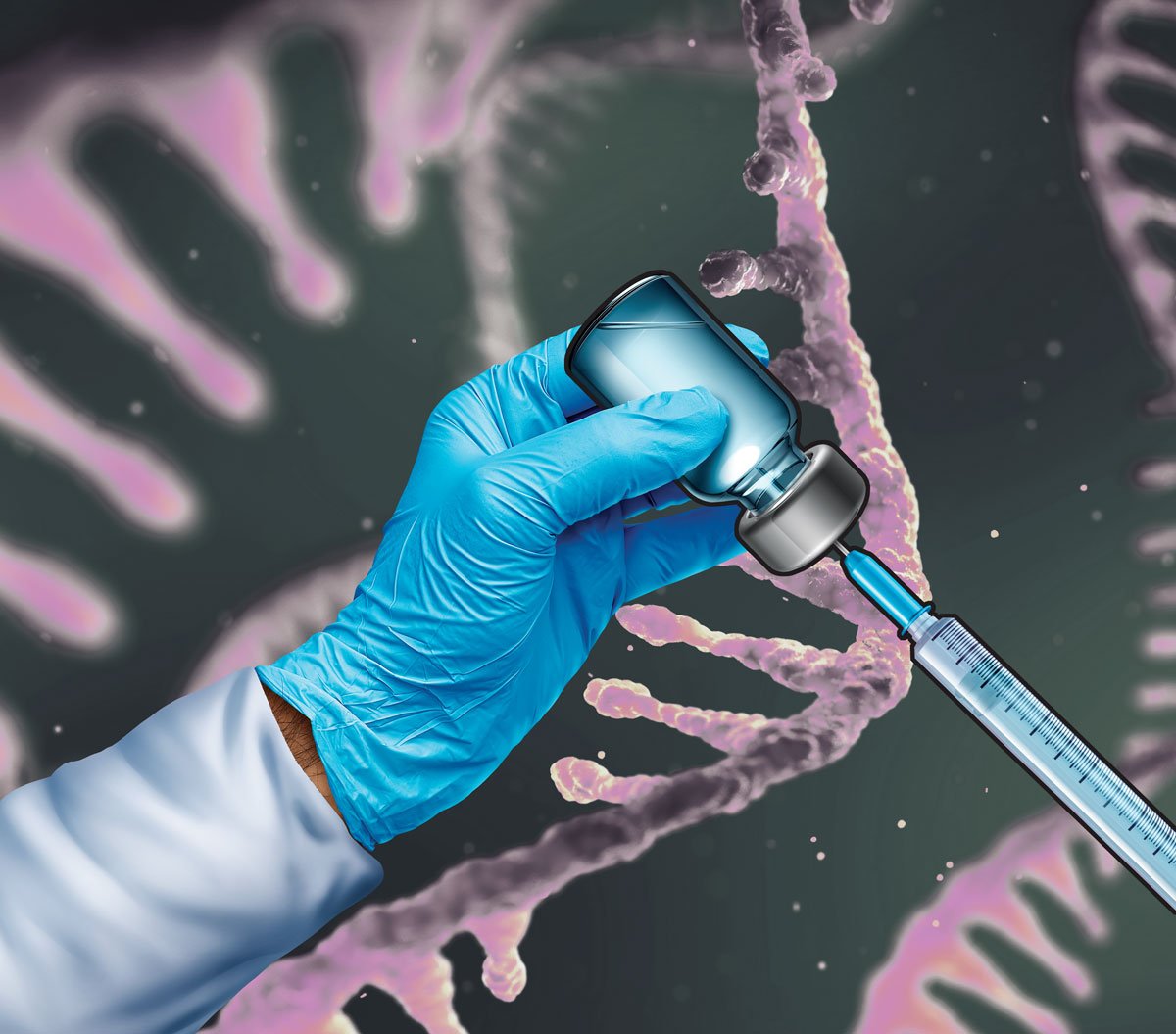Vaccines have been in the news lately, and not because of their lifesaving potential. Some US parents have grown hesitant about vaccinating their children. And the vaccine skepticism expressed by Health and Human Services secretary Robert F. Kennedy Jr. is influencing the government’s more conservative approach to vaccines.
Much of the public distrust stems from false information around messenger RNA (mRNA) vaccines for COVID-19, even though they saved millions of lives during the pandemic. With serious concerns about COVID-19 largely in the rearview mirror, scientific institutions and pharmaceutical companies now want to bring the advantages of mRNA vaccines—including dose reduction, ease and speed of manufacturing, and the ability to target previously untreatable conditions—to other infectious diseases and cancer.
Late last month, Moderna, a pioneer in mRNA vaccine development, announced positive results from a Phase 3 study of a seasonal flu vaccine based on mRNA. The company is also developing mRNA vaccines for norovirus and cytomegalovirus—a herpes virus—and is conducting clinical trials of vaccines for melanoma, bladder cancer, and non-small-cell lung cancer.
Eye on Patents is a collaboration between CAS, a division of the American Chemical Society that specializes in scientific knowledge management, and C&EN, which is published by ACS but is editorially independent. The data in this installment of Eye on Patents make clear that, despite hesitancy in some quarters, research into the preventative power of mRNA vaccines continues apace.
A look at patents granted to GSK, Moderna, and Pfizer between 2022 and 2024 shows that the drug companies’ new emphasis is on cancer and other infectious diseases.
Scientists at Pfizer, in one patent, disclose mRNA encoding an Escherichia coli antigen for vaccine production to prevent urinary tract infection and cystitis. In another, they describe vaccines encoding one or more flu antigens. And the targets are not always viruses. Another Pfizer patent describes mRNA vaccines that protect older people from bacterial infections. Pfizer researchers also patented flow devices intended to mix the nanoparticle precursors that go into a vaccine.







